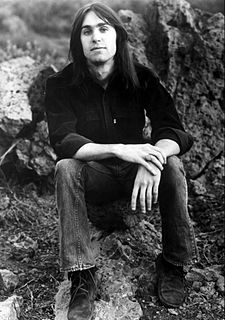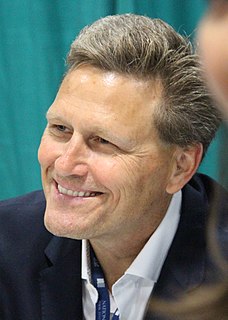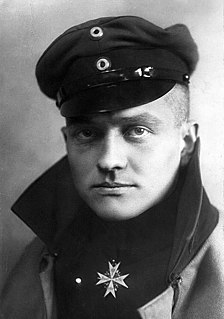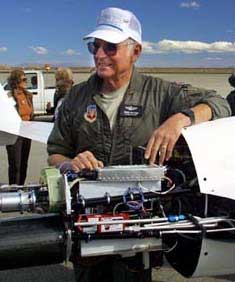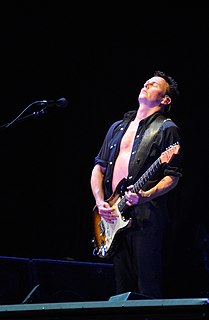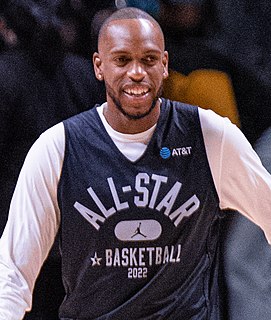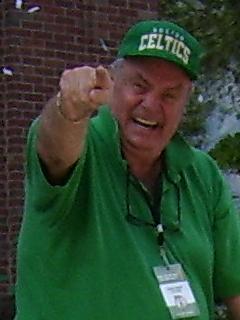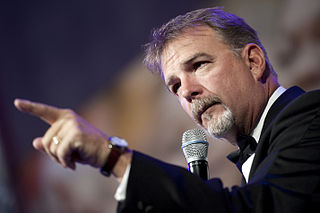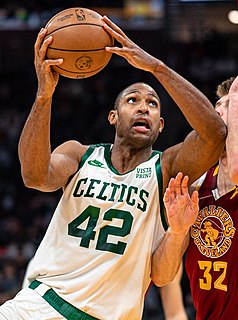A Quote by Dan Fogelberg
It was quite a shot in the head to do the album and then have it shot down by nonmusical idiots.
Related Quotes
If I'm ever working on a set and anyone talks about a master shot, I say there is no master shot. Before I even went to film school, I learned about movies by being in a British feature film, where everything was shot master shot, mid-shot, close-up. But I reject the idea of a master shot. You don't shoot everything mechanically; you find imaginative ways that serve the action.
What I try to do is find a weakness in my opponent. A way that I can hit you. One good, clean shot. Try to time it. If I can get it and the shot is there, if I find that shot in the first round and they go down, they go down. I'm prepared for anything, not just to get first round knockouts. If they're there, I'm not gonna resist to take them.
